Bill Newton: “As Kids, We Made Our Own Entertainment”
Bill Newton (b. 1930) moved to Vancouver in 1934. Today, he shares with us a few illustrative details of his East Van childhood and teenage years.
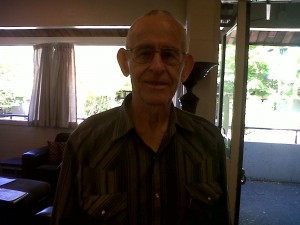
I was born in Saskatchewan but I moved here when I was four years old, in 1934. The first place I lived was on Victoria Drive, two blocks from Hastings, in the building where Bosa Foods is now. There was a meat market there at that time, and I remember the address made us remember the address. Every time we went out, they would ask us: “Where do you live?” and we had to say: “1910 Ferndale Street!”
At that time, they had a single-track streetcar on Victoria Drive that run from Hastings to Broadway St. The fare was three cents for a child, and five cents for an adult. The Vancouver East Cultural Centre was a church then, and I went to Sunday school there. Victoria Park further up was there too, and I remember playing there. The caretaker’s house was in the middle of the park. I had the freedom to explore the neighbourhood on my own; as long as I remembered where I lived, my parents let me go wherever I wanted.
I grew up in Kerrisdale and went to school with many Japanese kids, because there were so many Japanese fishing and vegetable farms on the South Slopes. When the War was going on, we were shocked to see our friends go away.
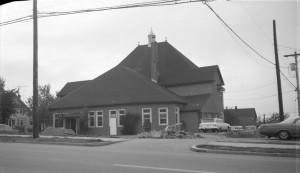
Image credit: Copyright City of Vancouver
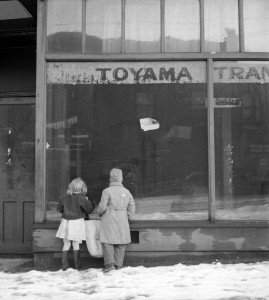
Image credit: Jack Lindsay, public domain
As kids, we usually made our own entertainment. There were many vacant property lots around and we could play in the bush all day long. Going to the theatre cost 10c for a Saturday afternoon matinee. You would get 15 minutes of cartoons, the news reel that put you up to date with what was happening in the world, a stage act, the continuation serials, and then the main show. For five cents you could get a chocolate bar, an ice cream cone, and a bottle of pop or a bag of popcorn. A magazine such as The Liberty or The Saturday Evening Post was 10 cents.
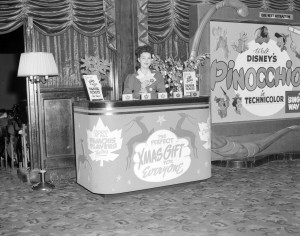
Image credit: Jack Lindsay, public domain
We used to have those big box radios with the tubes, and often the reception was poor and scratchy. Now you have these small pocket radios with a transistor, and you get better reception. That was a big deal; sometimes we would all sit in the living room and listen to story series on the radio.
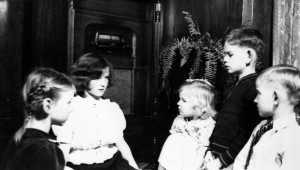
Image credit: Dunbar History Project, public domain
When I grew up a bit, I would do all sorts of odd jobs like selling magazines, caddy at the golf course, or cutting the lawn and chopping firewood for the elderly people in the neighbourhood—for that, I would get 50 cents plus milk and cookies at the end. I made a lot of money as a kid. Then I got a job in constructions that paid 90 cents per hour, which seemed like so much money! My rent (a housekeeping room with a bed, a table, a chair and a hot plate) was $15 per month!
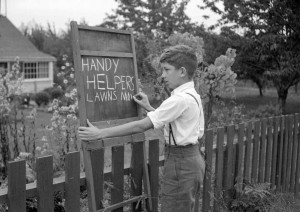
Image credit: Jack Lindsay, public domain
Then I went to live in a camp, and that’s when I got the biggest raise: $1.25 per hour plus room and board. They wouldn’t pay us cash because they had had some problems in the past with guys who gambled everything and then went back in town broke even though they had families to feed. So they would just give us a monthly stipend to buy working clothes, toothpaste and shaving cream.
Women didn’t have the same opportunities as men. In some areas (like some manufacturing jobs), women were paid less than men for doing exactly the same work. During the War, women took jobs in factories, and that’s where they proved that they can do just as well, but later they lost those jobs because all the returning soldiers needed employment. That’s how life was back then.
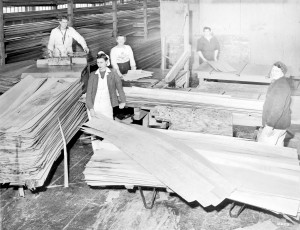
Image credit: M. James Skitt Matthews, public domain
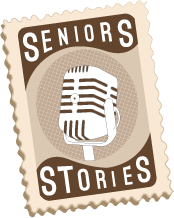



Leave a Reply